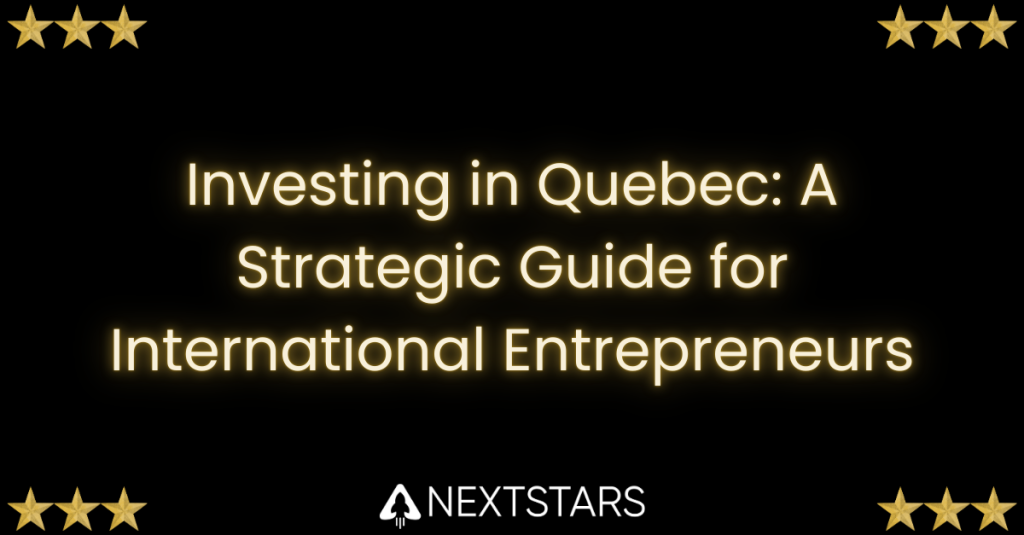Saudi Arabia’s Vision 2030 has made innovation and entrepreneurship central to the Kingdom’s transformation. Universities – from research powerhouses like KAUST to sprawling institutions like King Saud University (KSU) and King Fahd University of Petroleum & Minerals (KFUPM) – are now tasked with producing not just graduates, but startup founders. In recent years Saudi institutions have launched incubators, entrepreneurship courses, hackathons and accelerator programs. KAUST, for example, brands itself as a “catalyst for discoveries and innovations” aligned with Vision 2030[1], and even runs the TAQADAM startup accelerator (since 2016) that has backed over 260 ventures, raised ~$160M in funding and created 1,400 jobs[2]. Likewise, KFUPM in Dhahran has built a comprehensive entrepreneurship ecosystem: students take elective startup courses, work in its Dream Realization Lab (a prototype workshop), and participate in global competitions. KFUPM’s Dhahran Techno Valley hosts 30+ industry partners (Aramco, Halliburton, etc.) and produces 100+ patents per year[3]. KSU’s Entrepreneurship Institute offers incubation space, training and legal advice to help staff and alumni launch businesses[4]. Even smaller campuses now boast Innovation Centers and tech-transfer offices to shepherd research into products.
KAUST engages students in hands-on innovation: for example, its “/hack AI for All” hackathon rallied undergraduates to solve real-world AI challenges[5]. The image shows a Saudi student presenting a project at the KAUST event.
These efforts have helped Saudi universities climb international rankings[6] and foster a growing startup culture. The government has actively supported this shift: Monsha’at (the SME Authority) runs a “University Startups Initiative” to turn graduation projects into companies, providing funding access and entrepreneurship training[7]. National programs fund hackathons, tech parks (e.g. King Abdullah Economic City’s Innovation Valley), and curricula reform. Vision 2030 explicitly calls for simplifying startup regulations and boosting tech R&D[8][9]. In short, the infrastructure for innovation is expanding rapidly.
However, gaps remain between Saudi academia and the global startup world. Many campus programs still feel like isolated exercises rather than pipelines to real markets. For example, a recent survey found that Saudi university incubators struggle from “a lack of sufficient funding and a supportive network”, even while policy and talent are in place[10]. In practice, students often graduate with vibrant project prototypes but without a path to take those ideas to market. Critics note that curricula remain heavy on theory and that public-sector hiring is still a far more common career path than launching a venture. Regional commentators observe that entrepreneurship education needs deeper integration: “Partnerships with private-sector entities can play a vital role, providing mentorship opportunities, internships and exposure for students to the real world of setbacks, disappointments and breakthroughs”[11]. In other words, classroom hackathons are useful, but without direct links to investors, mentors, and customers, many campus startups fail to gain momentum.
Several institutional factors contribute to this disconnect. Saudi universities operate under centralized rules that can slow new programs[12]. There is still a cultural hesitancy to risk – a 2025 study found “fear of failure” and risk aversion are barriers to entrepreneurial orientation among students. Even though Saudi VC funding is growing, it skews to later-stage deals; few Saudi angel networks or corporate venturing arms specifically target student teams. And while universities preach “innovation culture,” most faculty have little incentive or experience to commercialize research. As one commentator bluntly put it: “Less focus on glossy brochures and more on tangible outcomes and lessons from actual startup ventures” is needed[13].
Nevertheless, progress is tangible. For instance, KAUST’s regular partnerships – from Boeing to local AI agencies – show faculty and students working on practical problems[14][15]. KFUPM’s linkages to Aramco have spun off energy-tech startups. KSU’s Entrepreneurship Institute already reports thousands of patents filed[16]. And the gap between universities and industry is narrowing: e.g., KAUST co-hosted an AI hackathon with Saudi Data & AI Authority to improve Arabic language tech[5][17]. These illustrate Saudi academia shifting gears from pure research to real-world problem-solving.
Gaps to Address. Key challenges endure. Saudi campuses often lack hands-on global experience for students. Unlike Silicon Valley or even Canada’s deep-tech hubs, Saudi universities rarely allow students to co-found ventures before graduating. University accelerators tend to require entry already at idea stage, rather than nurturing raw student ideas from the lab bench. Also, many programs focus on domestic opportunities and lack exposure to international best practices. For example, only about 29% of Saudi VC is from international investors[18] – meaning local startups may not be learning the networking and scaling lessons that cross-border investors bring. Language and cultural gaps can also isolate Saudi student entrepreneurs from the broader ecosystem. In sum, while “universities are creating institutional homes for entrepreneurship” (innovation centers, incubators, etc.)[19], those efforts are sometimes siloed on campus. The crucial step of connecting students to startup mentors, global networks and real customers remains underdeveloped.
Realistic Next Steps. Saudi university leaders recognize these gaps. A common-sense approach is already taking shape: strengthen industry linkages, track outcomes, and build hybrid programs. For example, KFUPM’s Dhahran Techno Valley Venture Accelerator explicitly offers co-development and seed funding to university founders[20] – a model that could be replicated elsewhere. Universities should set clear innovation KPIs (startups formed, funds raised, products launched) and reward faculty who spin off companies[21]. Curricula can be rewritten to be project-driven, and credit given for startup internships with corporate partners (building on Saudi Arabia’s existing industrial partnerships). Expanding initiatives like KAUST’s intensive hackathons[5] and multi-university innovation challenges would further give students practical experience.
One illustrative use-case from outside Saudi Arabia is the NextStars Alpha program – an entrepreneurship academy for students. In Canada, NextStars’ Alpha program “ignite[s] the entrepreneurial spirit of high school and university students,” pairing students with experienced founders in hands-on startup simulations[22]. Participating students attend workshops, real-world startup exercises, mentorship, and pitching – graduating not just with theory but practical startup know-how and industry contacts. The program has already “equipped a new generation of founders with the know-how to build successful businesses”[23]. While Saudi universities have some innovation courses, an “Alpha-like” academy on campus could plug the experiential gap. For instance, a Saudi pilot of Alpha, run in partnership with a local college or even an international institution, would complement formal degrees. It could give Saudi students early exposure to startup life (simulating failures and pivots in a safe space) and connect them to NextStars’ global mentor network. As the Oman case study suggests, such a program – tailored to local context – could “significantly enhance the startup readiness of graduates” by embedding practical, global best practices alongside traditional coursework[23].
KAUST’s entrepreneurial ecosystem involves not just labs but real events: here KAUST’s Entrepreneurship Director addresses students at a hackathon. Such initiatives – when done well – help link Saudi students to industry mentors and global startup culture[15].
In summary, Saudi Arabia’s higher education system has made impressive strides toward its Vision 2030 innovation goals. Leading universities have world-class facilities, and national programs are empowering a new generation of tech talent[8][1]. The missing ingredient today is bridging: ensuring every promising idea on campus can access entrepreneurial training, funding, and mentorship like any startup anywhere. University leaders should push to break down silos: forge partnerships with local and global innovators, open internship pathways into vibrant startup hubs, and implement hands-on academy programs (such as NextStars Alpha) that “bridge education and startup life”[22][23]. By focusing less on polished pitch decks and more on actual startup outcomes, Saudi universities can convert their rapidly growing knowledge base into the high-impact businesses Vision 2030 envisions.
Sources: Saudi innovation strategy and university programs[6][7][1][3][10][11][22][23] (data cited and ideas synthesized from government and industry reports, academic studies, and NextStars analyses).





